Differences and similarities between words
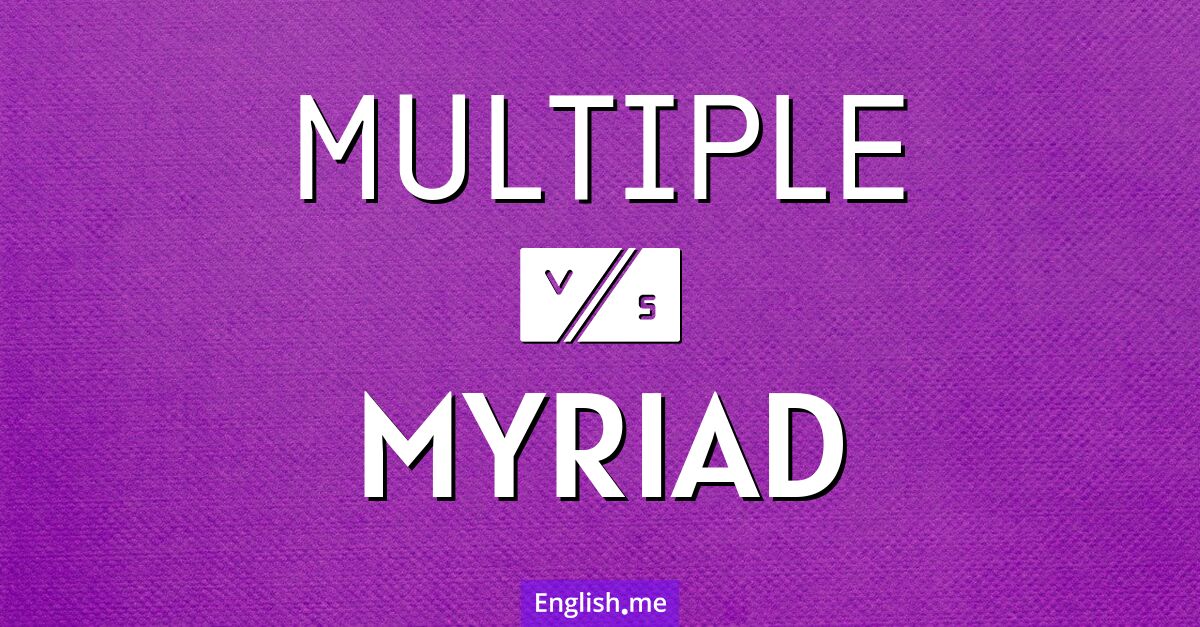
Many ways to say many: exploring "multiple" vs "myriad"
"Multiple" usually implies several or many, without specifying a particular ... Learn more →

Surprising parallels: "startling" vs. "astonishing"
While "startling" often implies a sudden surprise that may cause ... Learn more →
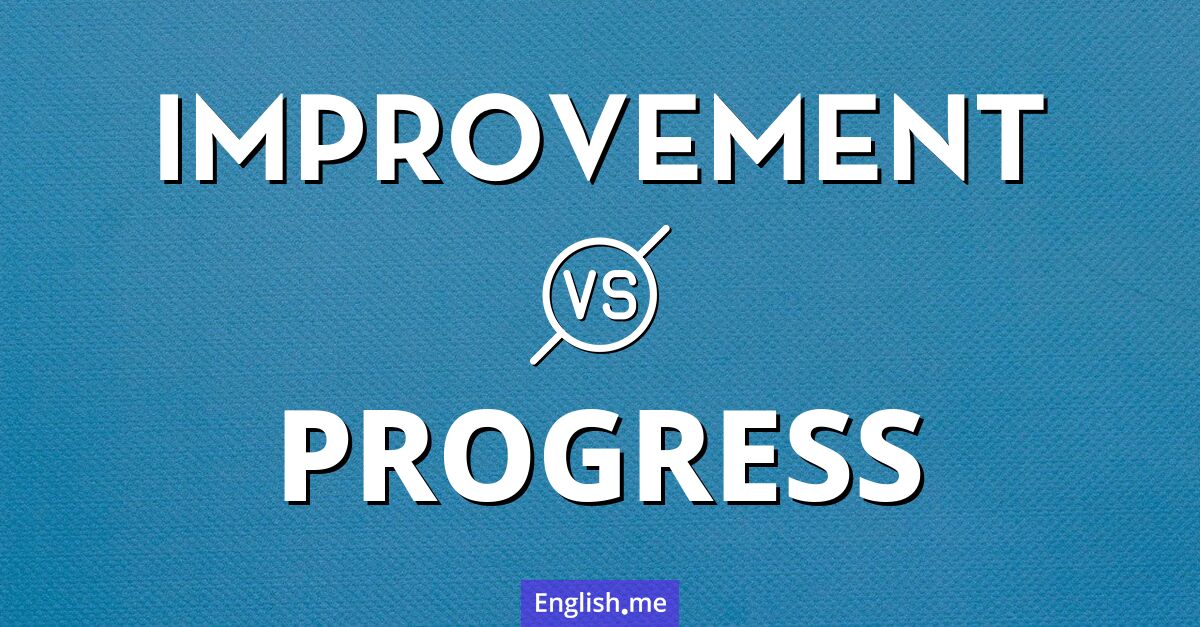
Tracing the paths of "improvement" and "progress"
Improvement typically refers to a specific enhancement or betterment of ... Learn more →

"Heroin" vs. "morphine": words of potent impact
Heroin is typically more potent and acts faster than morphine. ... Learn more →
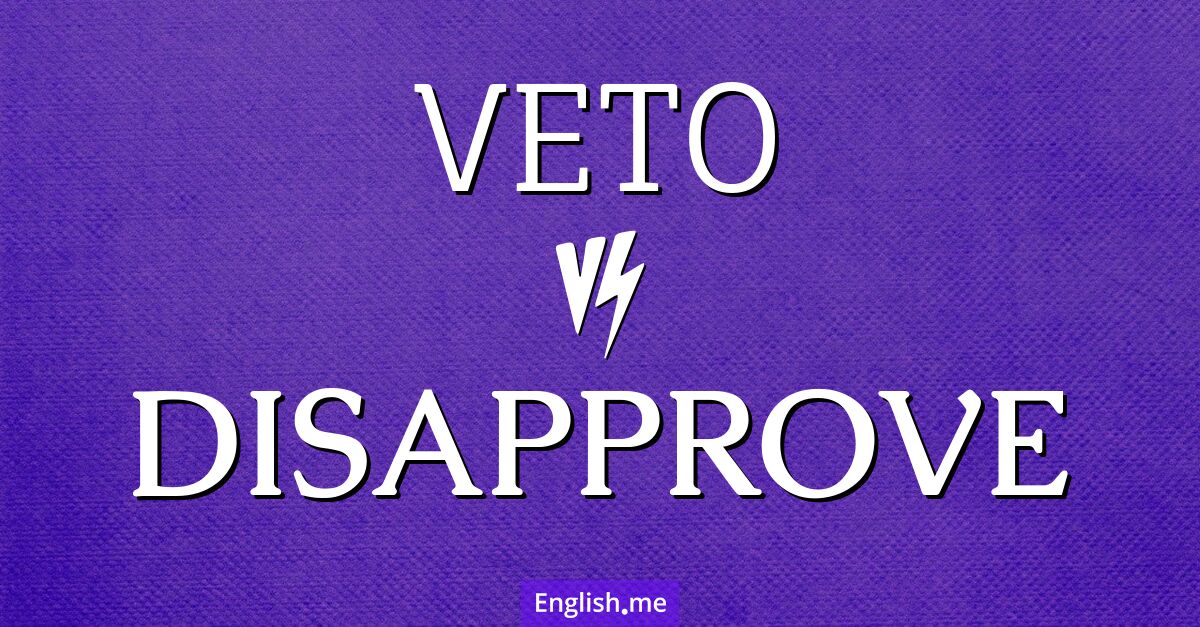
"Veto" vs. "disapprove": a closer look at their distinct powers
"Veto" specifically refers to the power to unilaterally stop an ... Learn more →
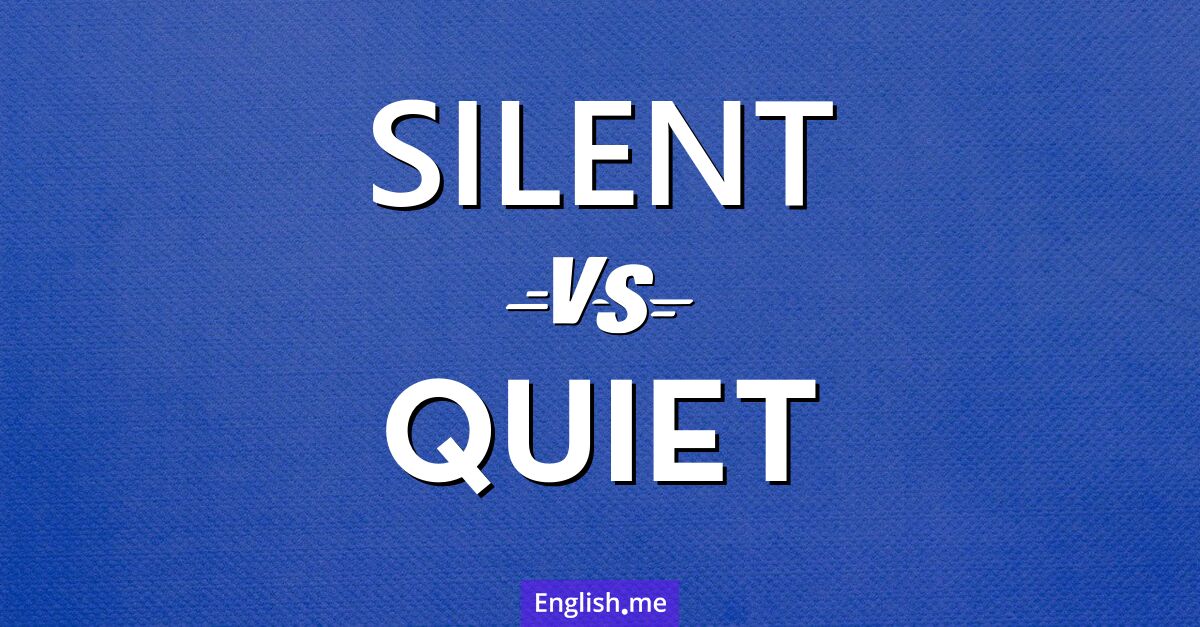
"Silent" vs. "quiet": comparing subtle shades of calm
Silent implies complete absence of sound, while quiet indicates a ... Learn more →
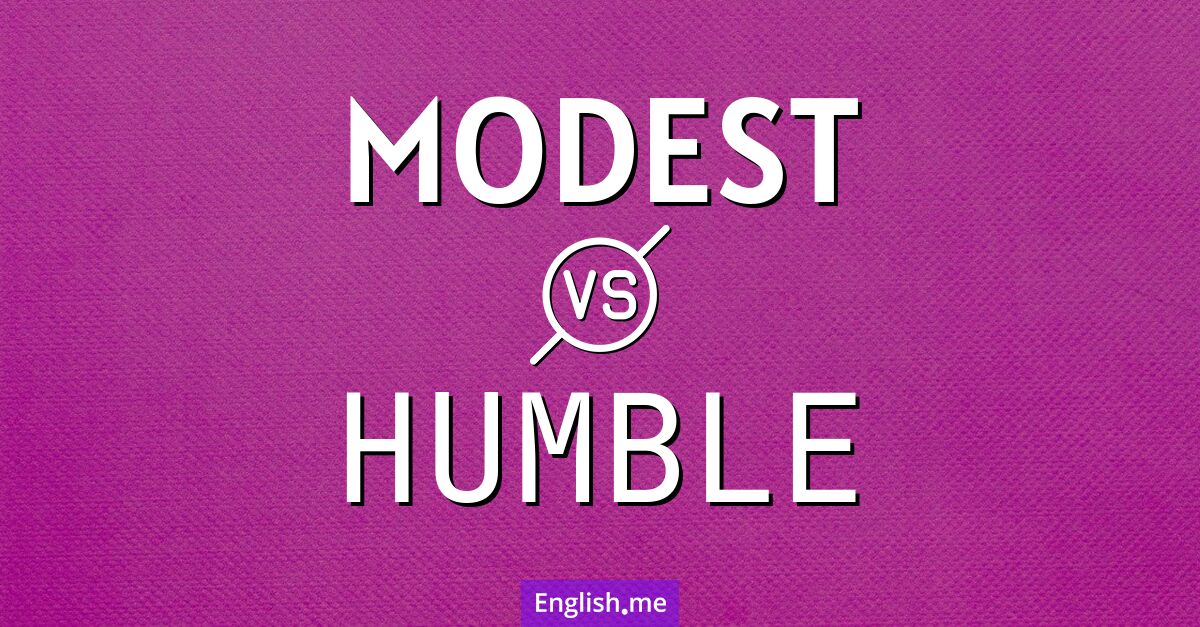
"Modest" vs "humble": comparing two virtues
While "modest" often refers to someone's behavior, appearance, or circumstances, ... Learn more →
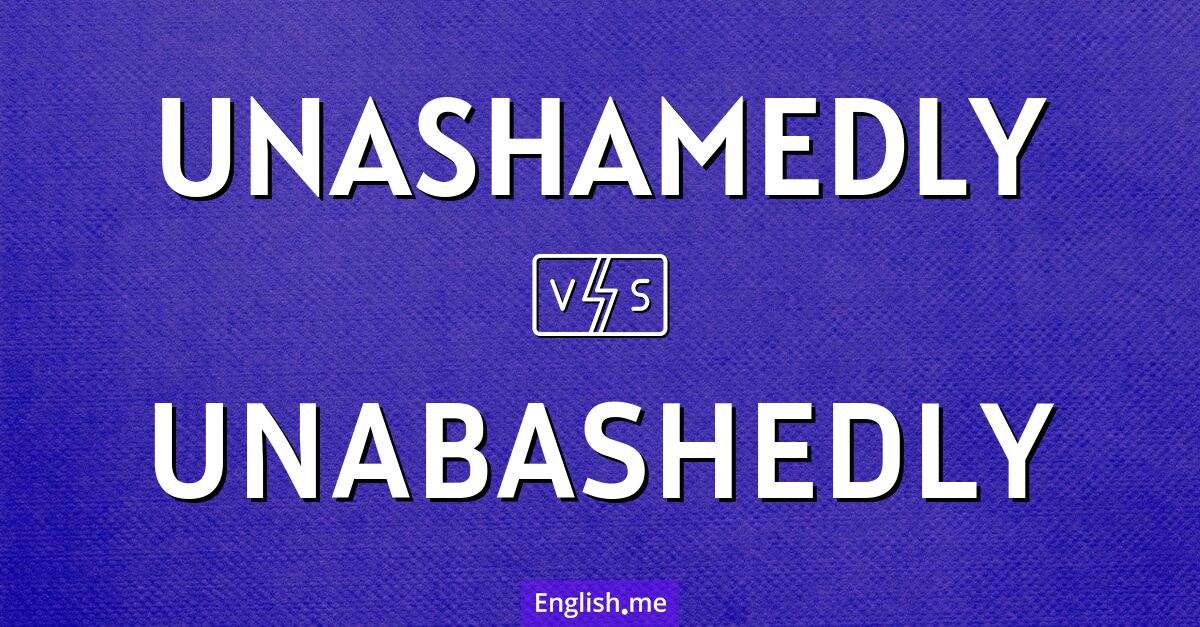
Boldly defined: exploring "unashamedly" vs "unabashedly"
The word "unashamedly" focuses more on the absence of shame, ... Learn more →
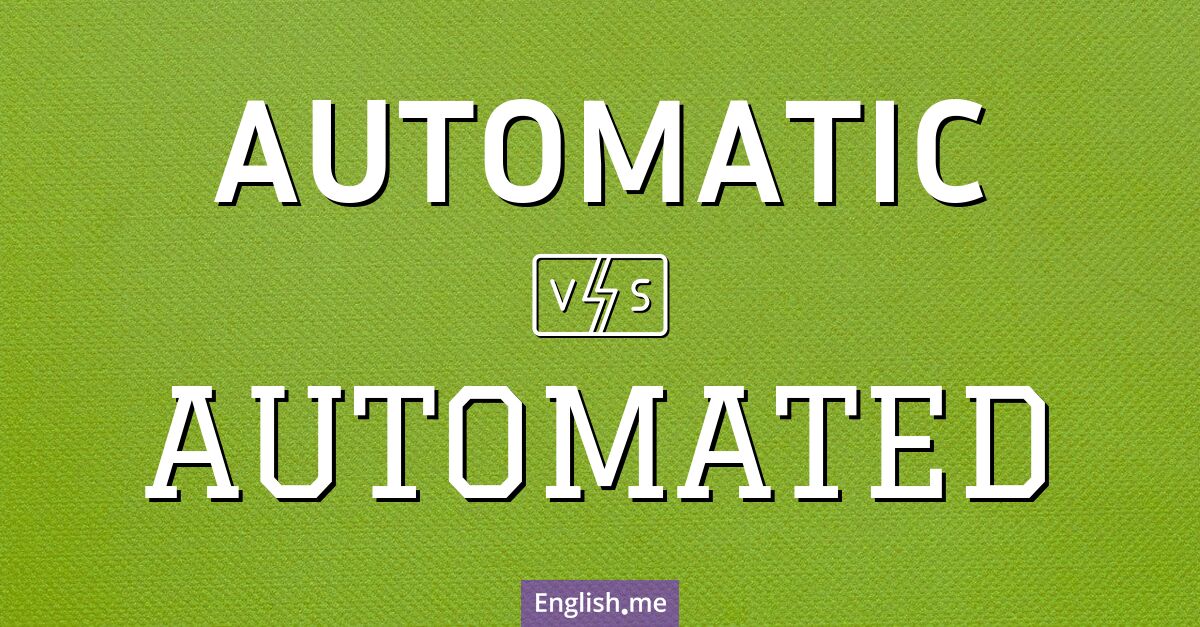
Exploring the dynamic duo: "automatic" vs "automated"
The word "automatic" often describes something that operates independently by ... Learn more →
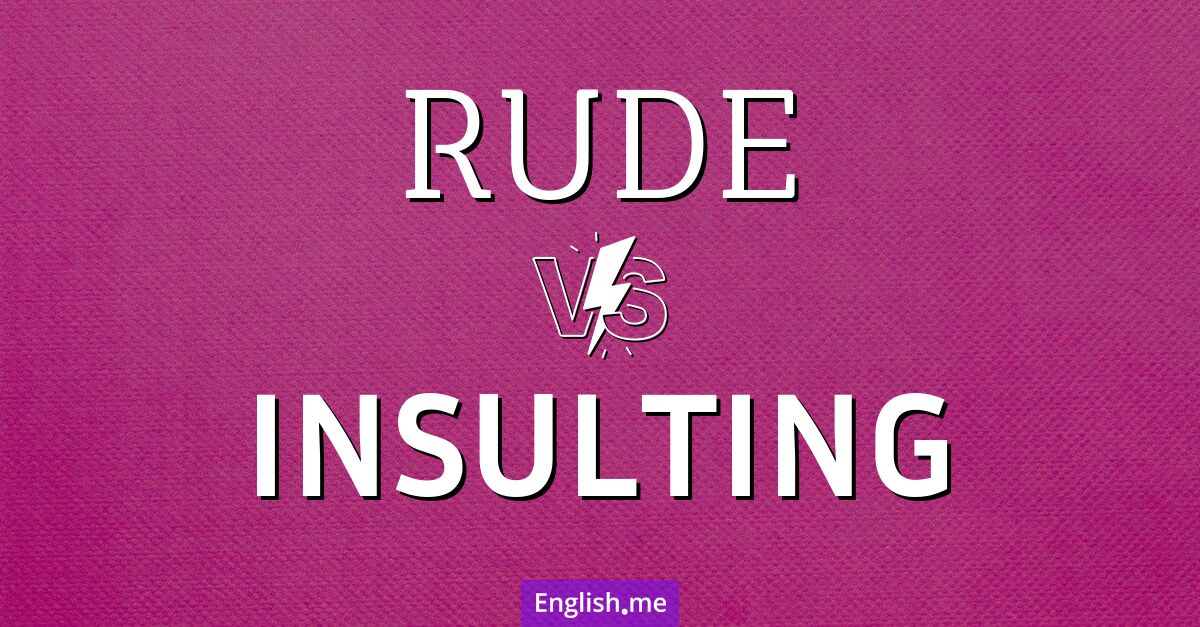
Exploring "rude" vs. "insulting": nuances in impoliteness
"Rude" implies a lack of manners or politeness, often unintentionally ... Learn more →

 English
English español
español française
française italiano
italiano deutsche
deutsche 日本語
日本語 polski
polski česky
česky svenska
svenska Türkçe
Türkçe Nederlands
Nederlands